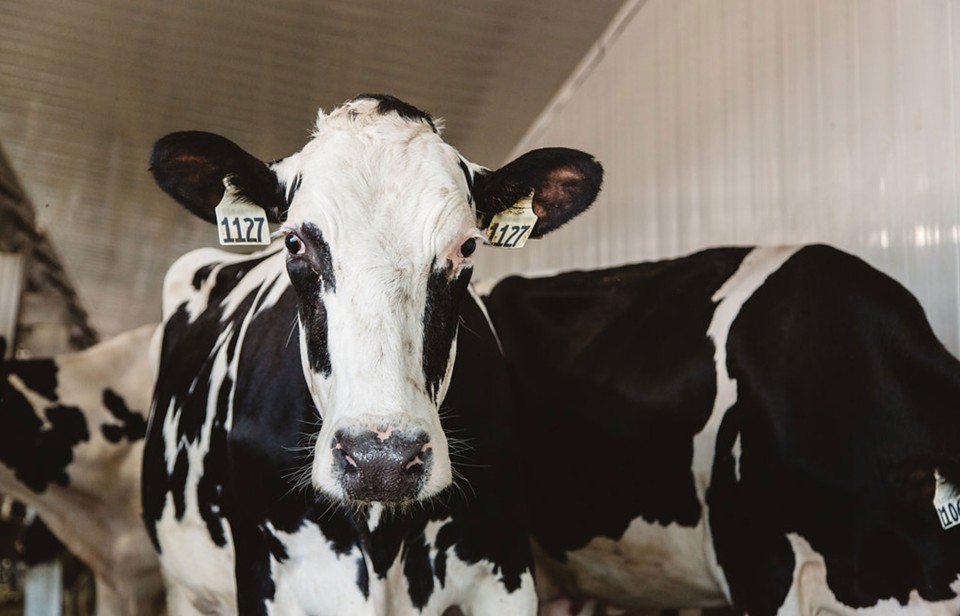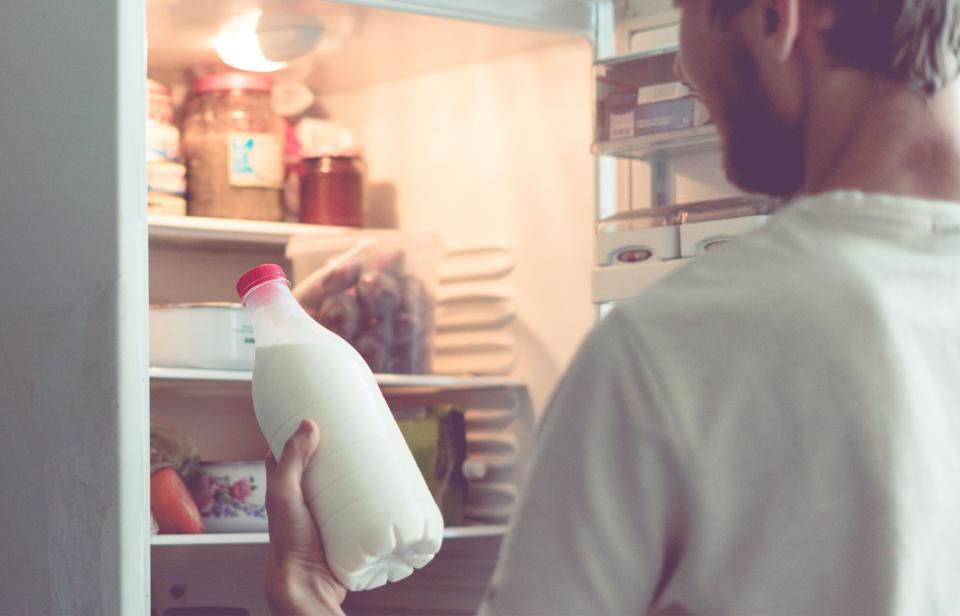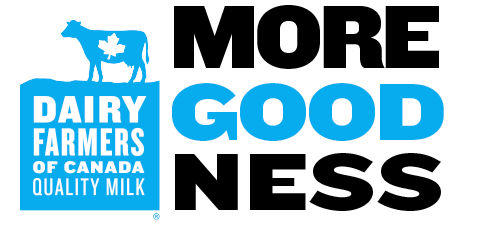Highlights
- Canadian dairy farmers and veterinarians must follow strict guidelines when treating a sick cow with antibiotics
- Milk is tested before being accepted at a processing plant. If a trace of antibiotic is found, it is rejected.
There’s a time and place for antibiotics, and it’s not in your dairy products.
When you choose Canadian milk, you can be certain you’re getting pure and natural Canadian dairy, where tests found no trace of antibiotics. Canada has strict dairy regulations that closely monitor milk from the farm through processing and into the cartons that make it to your fridge.
Let’s take a closer look at the quality control behind Canadian milk and why you can feel confident the milk you’re drinking is full of goodness and nothing more.
Antibiotics and cows: in sickness, not in health
Farmers take the safety and health of their cows very seriously. Like us, cows can get sick from time to time. In some cases, a veterinarian may decide to prescribe antibiotics, but that is the only circumstance in which antibiotics are allowed.
If a cow is given antibiotics to treat an illness, there are very strict protocols that the farmer and veterinarian must follow:
- The cow being given antibiotics must be clearly identified and monitored so that her milk can be immediately discarded.
- Sick cows still need to be milked, but the milk must be discarded for a mandatory withdrawal period set by Health Canada, that allows the cow’s system to be clear of traces of antibiotics.
- All milk leaving the farm is tested, upon arrival at the processing plant, and must test negative for traces of antibiotics or other contaminants.

Canadian milk makes the grade
Canadian milk must pass a series of control points on the farm through processing to ensure its quality is maintained, and to avoid residues of antibiotics and other contaminants.
It starts with milk truck drivers. Canadian milk truck drivers must complete and pass the Bulk Tank Milk Grader Certification. The program is administered in each province to ensure these drivers are qualified to sample and evaluate milk in its raw state before collecting it from the farm.
As certified graders, their responsibilities include:
- Grading and measuring the milk
- Evaluating its appearance and odour
- Recording the volume and temperature of milk
- Taking a sterile sample which can be traced back to the farm
Graders have the authority to accept or reject milk from a farm’s bulk tank based on this evaluation.
In Canada, all milk must be tested for antibiotic residues before a processing plant will accept it.
Once the milk truck arrives at the plant, it is kept in the receiving bay. Before the milk can be unloaded from the tanker truck, it goes through sophisticated and highly sensitive tests – so sensitive that they can measure in parts per billion, which means they could find a drop of antibiotics in an Olympic-sized swimming pool. The chance a trace of antibiotics makes it through these tests? As slim as your chances of winning a gold medal in diving at the next summer Olympics (in the aforementioned swimming pool). Unless you’re a really great diver…but you get the point.
Of the 2.2 million milk pickups at farms in Canada every year, less than 0.009% turn up positive for antibiotics.
On the rare occasion that the milk tests positive for antibiotics, the truck driver is told to discard that load of milk, as it is deemed not good enough for consumers. The farm responsible for shipping it is traced back (thanks to the sample taken at all farms) and is held responsible for the costs of milk, its disposal and is also fined.
Canadian milk is sampled, traceable and tested, and must meet strict quality and food safety regulations before making it to your fridge. I feel good about choosing Canadian milk, do you?
Sources
Ministry of Agriculture, Food and Rural Affairs Ontario “Milk Grader Certifications”
https://www.ontario.ca/page/milk-grader-certifications
Farm & Food Care Ontario. "Milk Processing Videos." farmfood360.ca
http://www.farmfood360.ca/en/dairy/milk/
Dairy Nutrition: Dedicated to Health Professionals. “ Antibiotics.” dairygoodness.ca
https://www.dairynutrition.ca/facts-fallacies/product-quality/antibiotics





